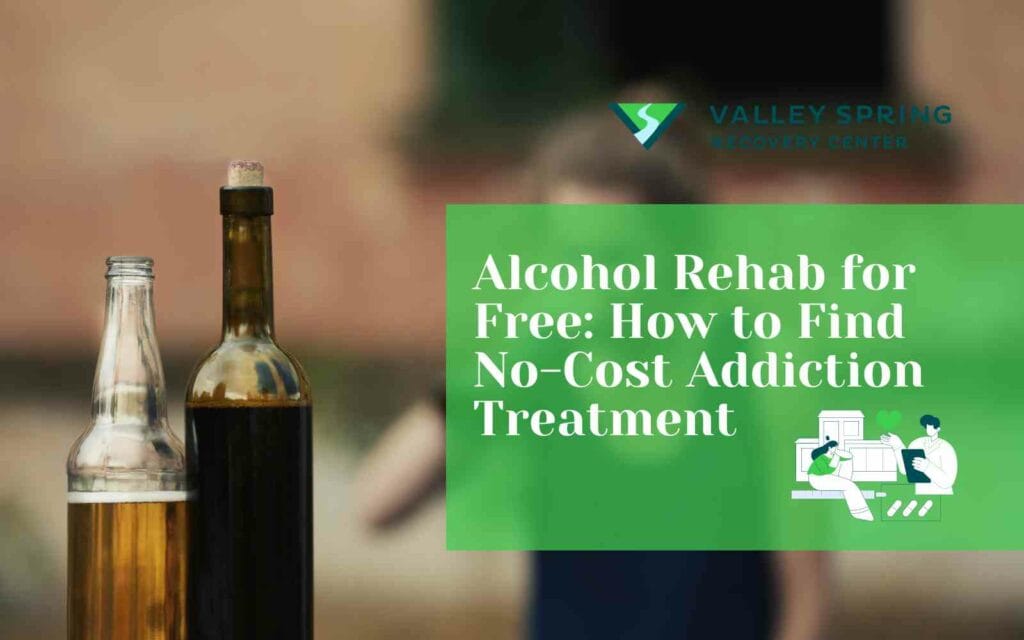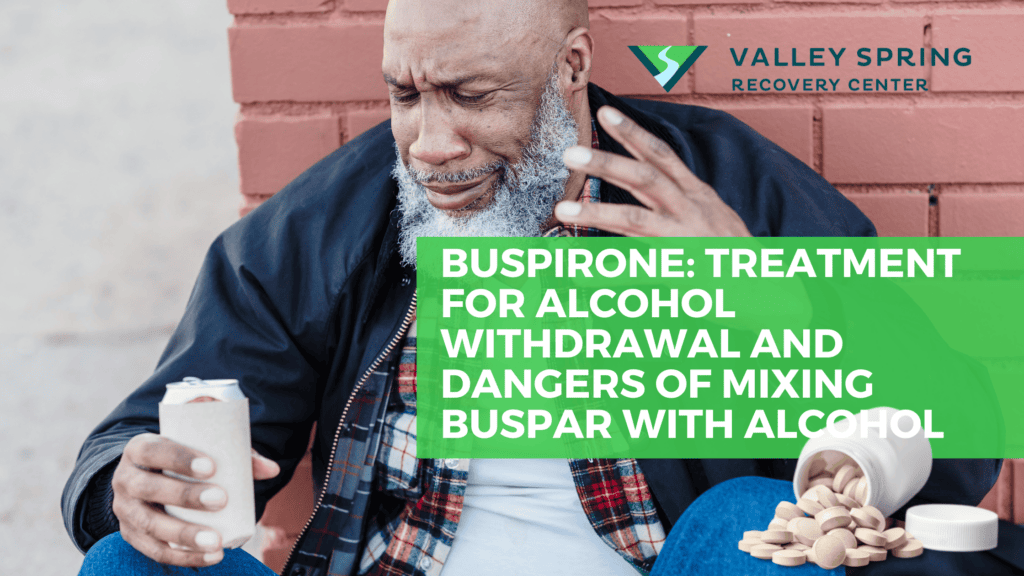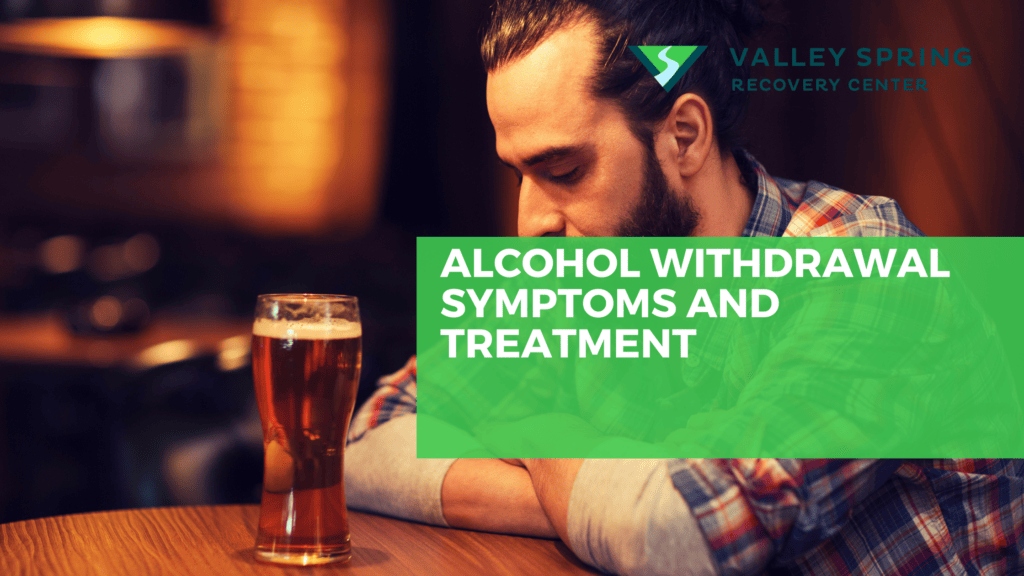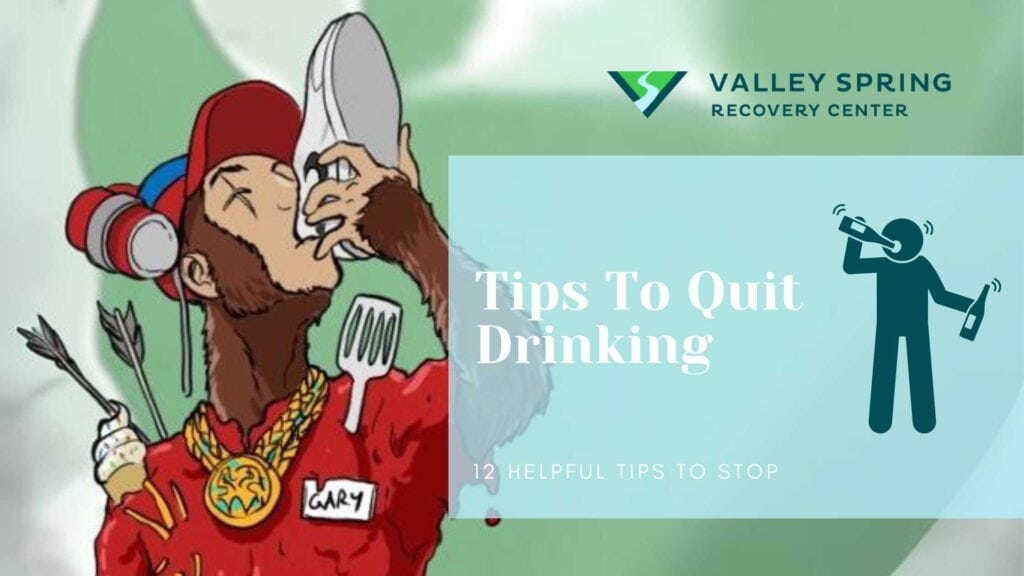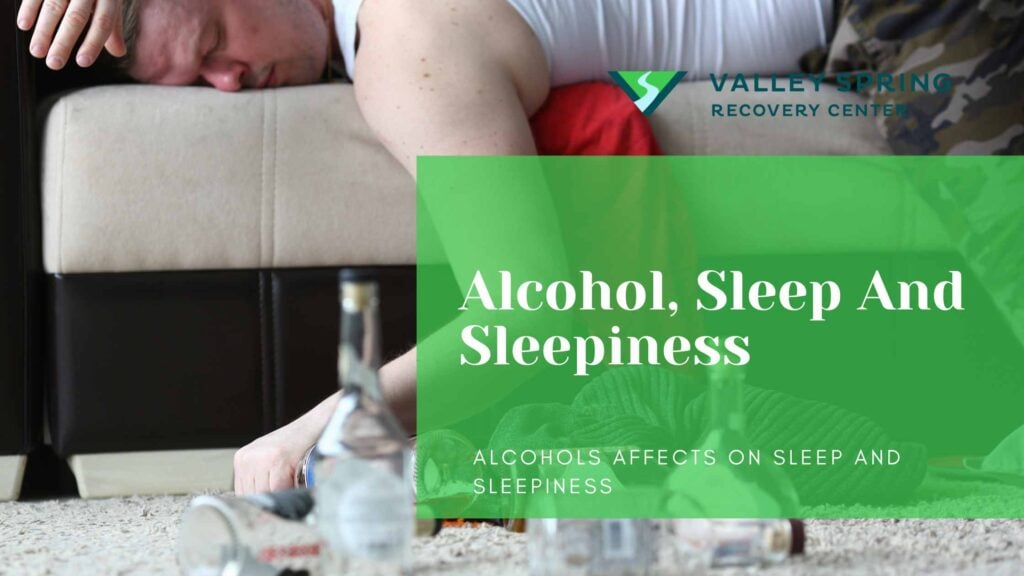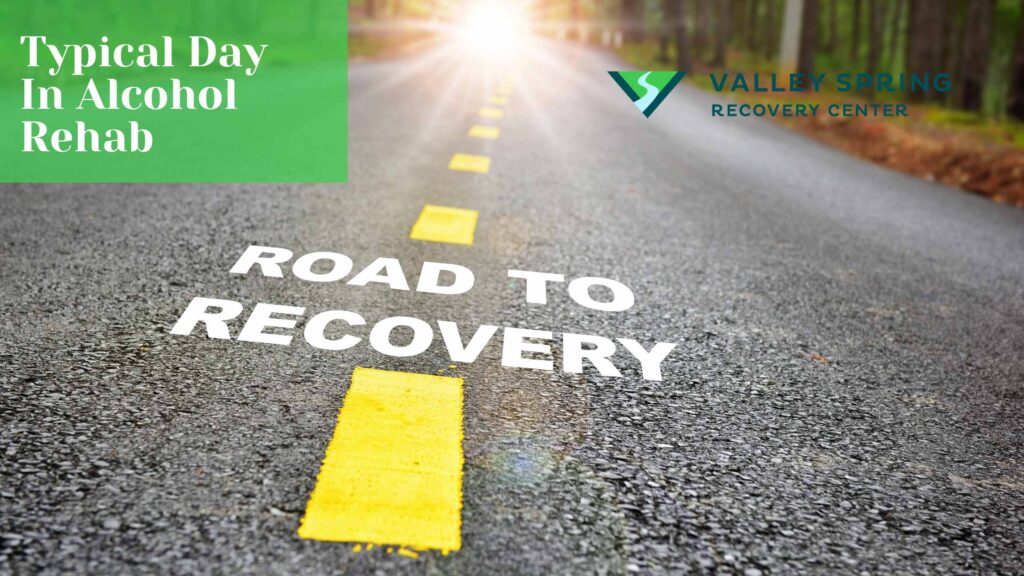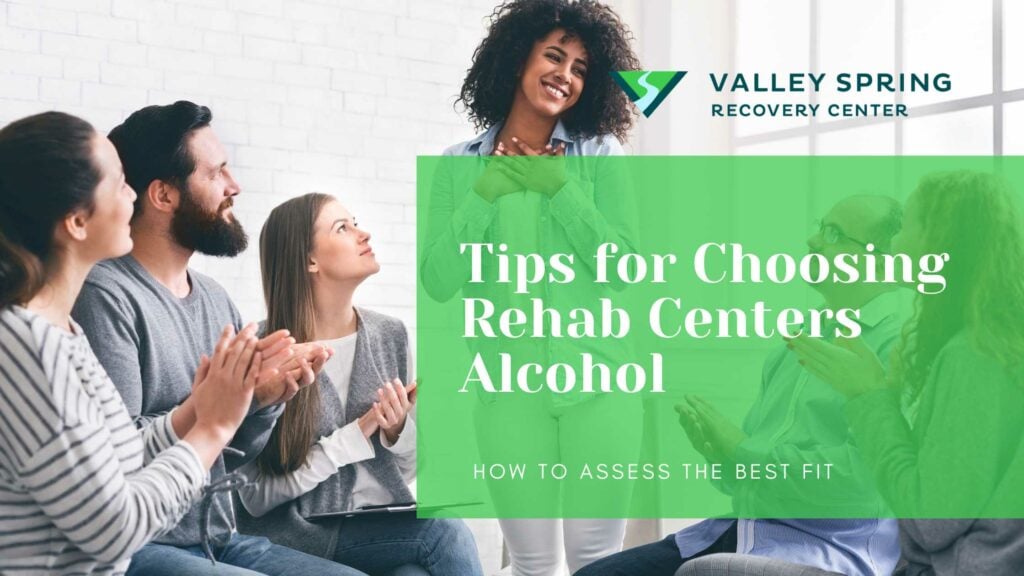Amidst the rising concerns of alcohol addiction, the cost of treatment often stands as a significant barrier for many seeking help. In the United States alone, the National Institute on Alcohol Abuse and Alcoholism (NIAAA) reports that over 14 million adults struggle with Alcohol Use Disorder (AUD), but a fraction of them receive the necessary treatment, partly due to financial constraints. This article aims to illuminate the path to alcohol rehab for those in need by focusing on how to find no-cost addiction treatment options. We delve into the various avenues available for accessing free alcohol rehab services, breaking down the steps and resources that can lead to successful recovery without the burden of expenses.
Understanding government-funded programs and grants that cover addiction treatment can be a game-changer for many. These programs are often designed to support individuals who cannot afford private rehab.
Leveraging Community-Based Organizations like the Salvation Army, Faith Farm and AA play a crucial role in providing free or subsidized addiction treatment services, offering a beacon of hope for recovery.
Navigating Insurance coverage can be important in accessing free alcohol rehab. Depending on the state you or your loved one struggling with substance use disorder lives in, it may be possible to obtain a medicaid insurance policy which will provide access to different alcohol rehab programs.
In the subsequent sections, we will guide you through these resources and strategies to find no-cost alcohol rehab options, offering insights and practical advice to help overcome financial barriers in the journey towards sobriety and health.
What Are The Free Alcohol Rehab Options?

While the landscape of free alcohol rehab might appear overwhelming, it need not be so. There are several types of free alcohol rehab options to consider, including nonprofit alcohol rehab centers, faith-based alcohol rehab programs, and government-funded alcohol rehab facilities. Each type offers accessible treatment for those in need of addiction support.
1. Nonprofit Alcohol Rehab Centers
Nonprofit alcohol rehab centers, such as American Addiction Centers, provide a lifeline for those struggling with alcohol addiction. These centers operate on charitable donations, private endowments, and government grants, allowing them to offer high-quality behavioral healthcare at no cost to the individual seeking help. The American Addiction Centers logo is a symbol of hope and recovery for many. Services commonly provided by nonprofit alcohol rehab centers include:
- Assessment and evaluation
- Detoxification
- Counseling and therapy
- Medication management
- Education and support
- Aftercare planning
While nonprofit alcohol rehab centers can be effective in treating alcohol addiction, the efficacy of any rehab center depends on various factors, such as the individual’s dedication to treatment, the quality of the program, and the level of support provided. Benefiting from these centers requires meeting specific eligibility requirements set by the center or funding sources.
Investigate and choose a reputable nonprofit alcohol rehab center that provides evidence-based treatment methods and boasts a successful track record.
2. Faith-Based Alcohol Rehab Programs
Faith-based alcohol rehab programs offer a unique approach to addiction treatment by incorporating spiritual and community-based support. These programs often integrate 12-step programs and religious teachings to help individuals overcome addiction. Examples of faith-based organizations providing alcohol rehab services include:
The Salvation Army:
The salvation army offers spirituality-based residential alcohol and drug rehab programs at adult rehabilitation centers across the U.S.
Faith Farm:
Faith Farm is a Christian-based drug and alcohol recovery program with locations and groups across the U.S.
The 12-step approach utilized by Alcoholics Anonymous and Narcotics Anonymous emphasizes the importance of spiritual and community-based support in addiction recovery. AA and NA are not rehab programs, but they are free groups where support is offered. Through faith-based rehab programs, individuals can find the strength and support they need to overcome addiction within a nurturing environment that aligns with their spiritual beliefs and values.
3. Government-Funded Alcohol Rehab Facilities

Government-funded alcohol rehab centers offer a valuable resource for those seeking addiction treatment without the financial burden. These facilities, including mental health services, are funded through a combination of federal substance abuse block grants and Medicaid reimbursement, enabling them to provide free or low-cost treatment to eligible individuals. State-funded programs, under the guidance of the Mental Health Services Administration, may not have access to the latest treatment technology or amenities but still offer effective treatment and post-treatment support.
Qualifying for government rehab programs often necessitates strict proof of:
- Citizenship
- State residency
- Income
- Absence of insurance
Despite these strict requirements, government-funded drug dependence rehabilitation programs provide essential support and treatment to those in need, helping to break the cycle of drug and alcohol addiction and promote long-term recovery at a drug and alcohol rehab center.
What is The Eligibility Criteria for Free Alcohol Rehab?

Eligibility for free alcohol rehab depends on factors such as income, insurance, and priority populations, including pregnant women, veterans, and members of faith communities. Upon finding a suitable rehab center, it’s essential to verify your income, ascertain whether you have any insurance, and determine any need for financial support.
We will further elaborate on the eligibility criteria for free alcohol rehab.
Income and Insurance Requirements
Income and insurance requirements for free alcohol rehab can vary, with proof of financial need and lack of insurance coverage often necessary for eligibility. The typical income limit for eligibility in free alcohol rehab centers depends on the specific center and program, so it’s essential to contact the individual rehab centers directly to inquire about their income requirements.
Individuals with partial insurance coverage may still be eligible for free alcohol rehab programs. Resources such as SAMHSA’s National Helpline, state-funded programs, and nonprofit organizations can provide guidance and assistance in locating free or low-cost rehab programs for those with partial insurance coverage.
Priority Populations
Priority populations, such as pregnant women, veterans, and members of faith-based organizations, may receive preferential access to free alcohol rehab services, addressing specific needs and vulnerabilities. These priority populations often have unique challenges that require specialized care, support, and resources tailored to their specific needs.
For example, veterans may be eligible for free alcohol rehab services through the Department of Veterans Affairs (VA), which provides substance use disorder treatment programs specifically designed for veterans. Additionally, pregnant women and members of faith-based organizations may have access to specialized rehab programs that cater to their needs. Identifying rehab centers that provide services and support tailored to your unique situation requires careful investigation.
Advantages and Disadvantages of Free Alcohol Rehab Centers

Although free alcohol rehab centers can offer a lifeline for those battling addiction, it’s important to balance the pros and cons prior to committing to a program. Benefits include affordability, quality care, and a supportive community, while drawbacks may include limited resources, outdated equipment, and longer waiting times for admission.
We will further analyze the advantages and disadvantages of free alcohol rehab centers.
Benefits of Free Alcohol Rehab
Cost savings are one of the most significant benefits of free alcohol rehab. By accessing free rehab programs, individuals can avoid the high costs associated with private or luxury rehab facilities, which can range from thousands to tens of thousands of dollars. Moreover, free alcohol rehab programs typically provide comprehensive treatment services, such as:
- Detoxification
- Counseling
- Therapy
- Aftercare support
At no cost to the individual, our service provides a private and convenient solution.
Another benefit of free alcohol rehab is the safe and controlled environment it provides. This supportive and structured setting ensures the safety of individuals in recovery and reduces the risk of relapse by removing access to alcohol and drugs. In this environment, individuals can focus on their recovery, utilizing evidence-based treatment approaches and professional guidance to overcome addiction and achieve long-term sobriety.
Drawbacks of Free Alcohol Rehab
Despite the benefits, there are some potential drawbacks to free alcohol rehab centers. Limited resources and outdated equipment may impede treatment effectiveness, efficiency, and access to the most recent advances and evidence-based practices in addiction treatment. Furthermore, free alcohol inpatient rehab centers may have long waiting lists, making it difficult for individuals to access treatment when they need it most.
However, it’s important to note that the drawbacks of free alcohol rehab centers should not deter anyone from seeking help for their addiction. The availability of free alcohol rehab options ensures that individuals in need have access to essential treatment and support, regardless of their financial situation. By researching and evaluating different free rehab centers, you can find a program that meets your needs and provides the support necessary for a successful recovery.
Finding Free Alcohol Rehab Centers Near You

Alt Text: A person looking at a laptop with free drug rehab centers and private addiction treatment
Having grasped the pros and cons of free alcohol rehab centers, you might question how to locate one nearby. The process of finding free alcohol rehab centers involves using online directories, helplines, and local resources to identify suitable treatment options.
We will discuss these resources and how they can assist you in finding free alcohol rehab centers in your vicinity.
Online Directories and Helplines
Online directories and helplines, such as SAMHSA’s National Helpline, can be invaluable tools in your search for free alcohol rehab centers. The helpline offers treatment referral and information services, providing referrals to free alcohol rehab centers and other substance abuse treatment resources. By contacting the helpline at 1-800-662-HELP (4357), you can access free, confidential assistance and referrals to help you take the first step towards recovery.
In addition to SAMHSA’s National Helpline, there are other online directories and helplines available to help you find free alcohol rehab centers. These resources usually provide:
- Searchable directories
- Support and treatment options
- Toll-free helpline numbers
- Free and confidential information and referrals for alcohol and other substance abuse issues.
Local Resources
Local resources, such as community centers and faith-based organizations, can also offer guidance and support in finding free alcohol rehab options and free drug rehab centers. These resources often have connections with local treatment centers, government agencies, or nonprofit organizations that offer free addiction treatment programs. By reaching out to these local resources, you can access valuable information and assistance to help you find a free addiction treatment program that meets your needs.
Additionally, local health departments can be a useful resource for finding free alcohol rehab options. Contact your local health department to inquire about available free alcohol rehab centers in your area. They may have resources or information on available free alcohol rehab centers that can help you begin your journey towards recovery.
Alternative Options for Affordable Alcohol Rehab

If you’re unable to find a free alcohol rehab center or are interested in exploring additional treatment options, there are alternative options for affordable alcohol rehab. These options, such as sliding scale fees, payment plans, and insurance coverage, can help make alcohol rehab more accessible for those in need.
We will delve deeper into these alternative options.
Sliding Scale Fees and Payment Plans
Sliding scale fees and payment plans can make alcohol rehab more affordable by adjusting costs based on an individual’s financial situation. Many rehab centers offer sliding scale fees, where the amount a person pays for treatment is determined by their income level. This system helps make alcohol rehab more affordable and available to a wider range of individuals.
Payment plans are another alternative for making alcohol rehab more affordable. Various payment options, such as private pay, insurance coverage, and financial assistance programs, can help individuals access the treatment they need without experiencing financial strain. Investigating various payment options and discussing them with the treatment facility can help identify the most suitable option for your circumstance.
Insurance Coverage for Alcohol Rehab
Insurance coverage for alcohol rehab varies by plan and provider, with many policies offering partial or full coverage for addiction treatment services. To determine the extent of your insurance coverage for alcohol rehab, it’s essential to review your policy and contact your insurance provider. They can help you understand which aspects of alcohol rehab may be covered, as well as any potential out-of-pocket expenses.
Keep in mind that the availability and specifics of insurance coverage for alcohol rehab can vary depending on your policy and the chosen addiction treatment. Investigating and rating different rehab centers and treatment options is necessary to ensure you receive the needed support and care within your insurance coverage limits.
What does rehabilitation mean in alcohol?
Rehabilitation for alcoholics typically consists of inpatient treatment, allowing them to remain on-site for 30, 60 or 90 days to receive structured care and support while overcoming their addiction.
What types of free alcohol rehab options are available?
Free alcohol rehab options include non-profit organizations, faith-based programs, government-funded facilities and free drug rehab centers.
How can I find a free alcohol rehab center near me?
To find a free alcohol rehab center near you, use online directories and helplines like SAMHSA’s National Helpline or contact local resources like community centers and faith-based organizations.
Are there alternative options for affordable alcohol rehab?
Yes, there are alternative options for affordable alcohol rehab, such as sliding scale fees, payment plans, and insurance coverage.
What are the eligibility criteria for free alcohol rehab?
In order to be eligible for free alcohol rehab, applicants must meet criteria such as income levels, insurance coverage, and membership in certain groups, including pregnant women, veterans, and faith communities.
Ben Fisher
All author postsShare This Post

